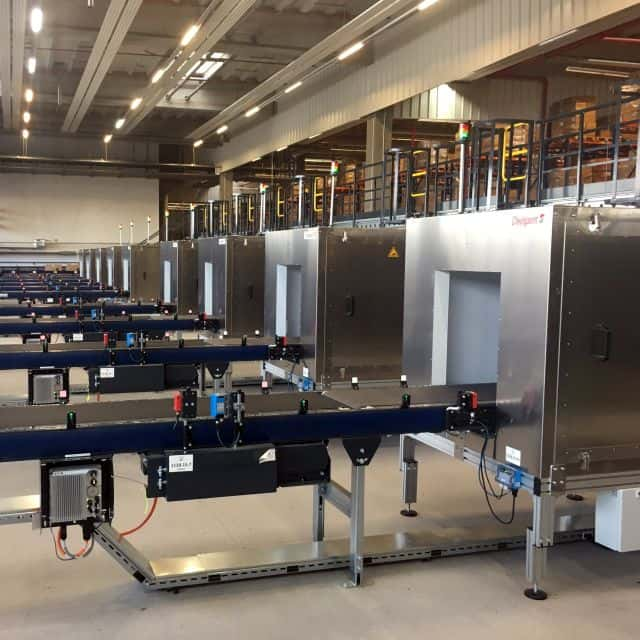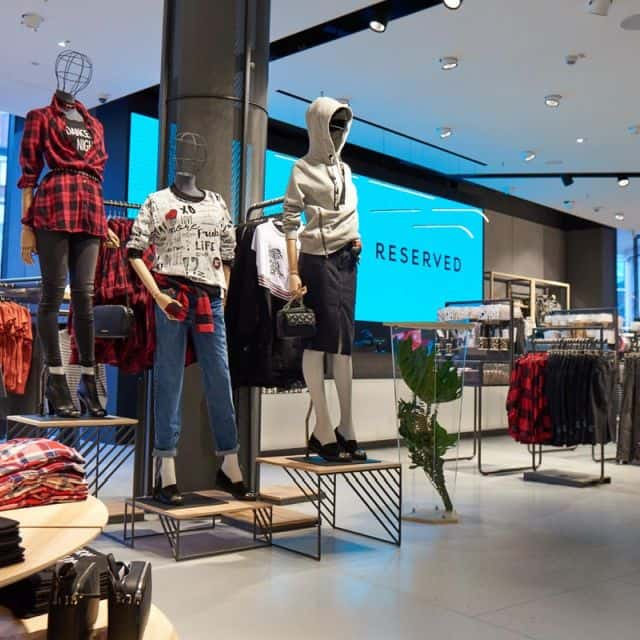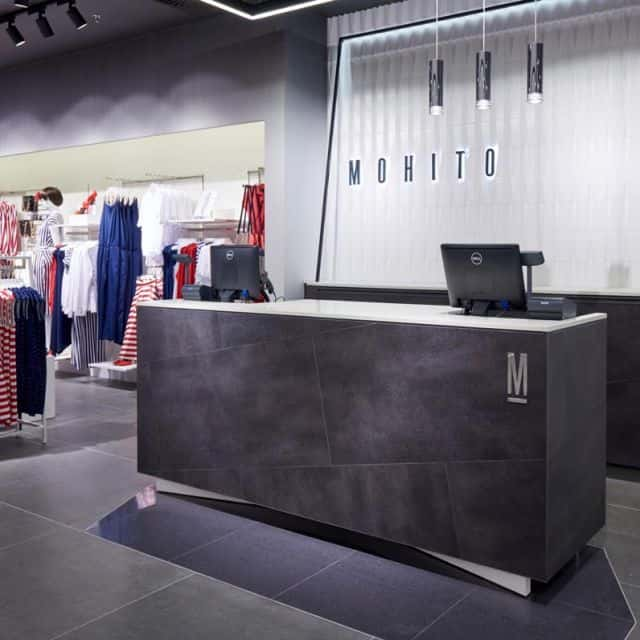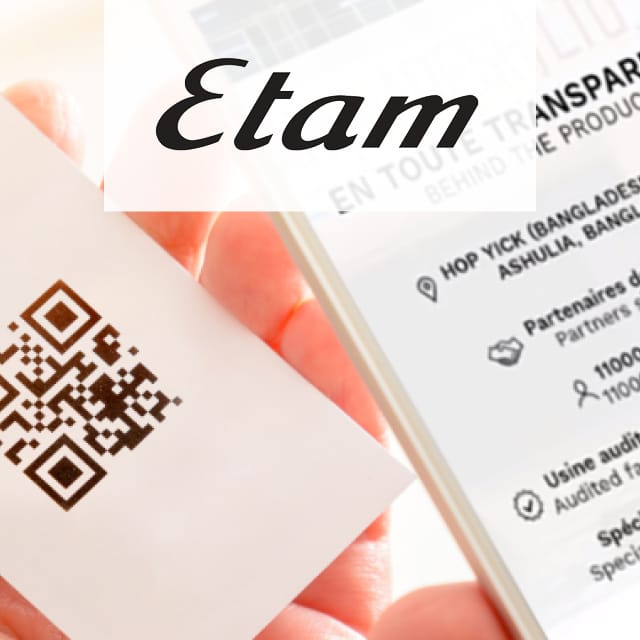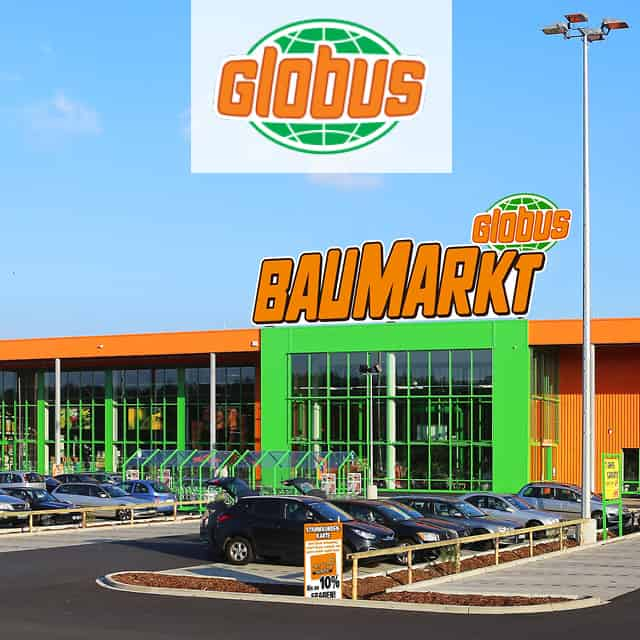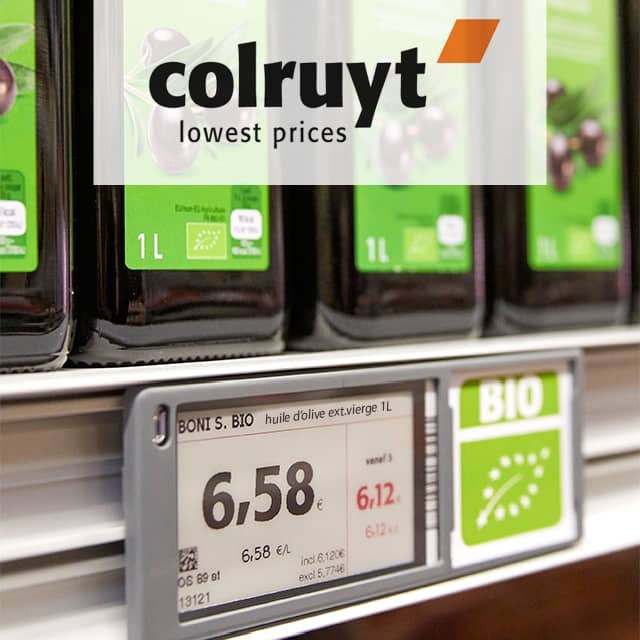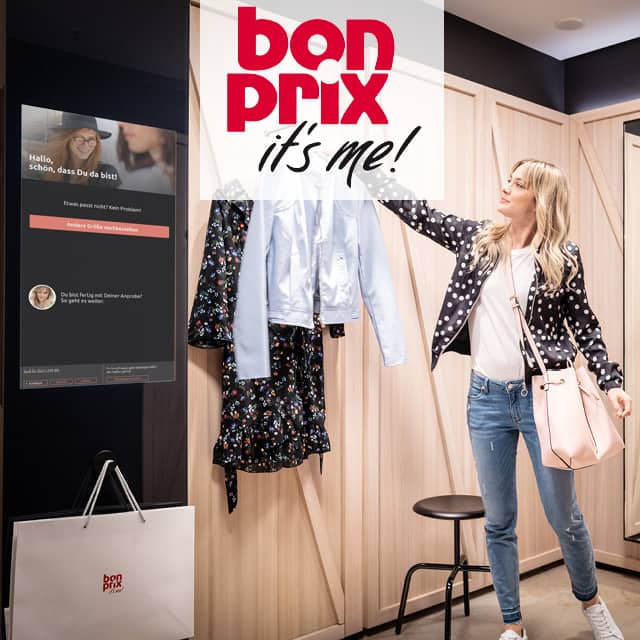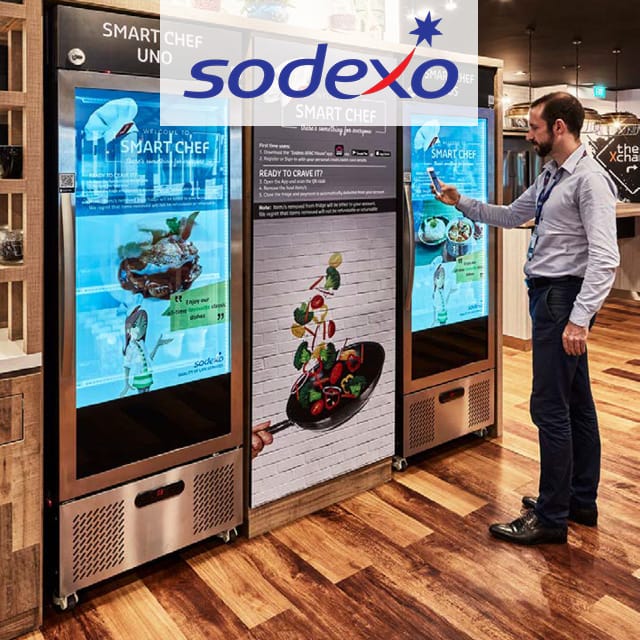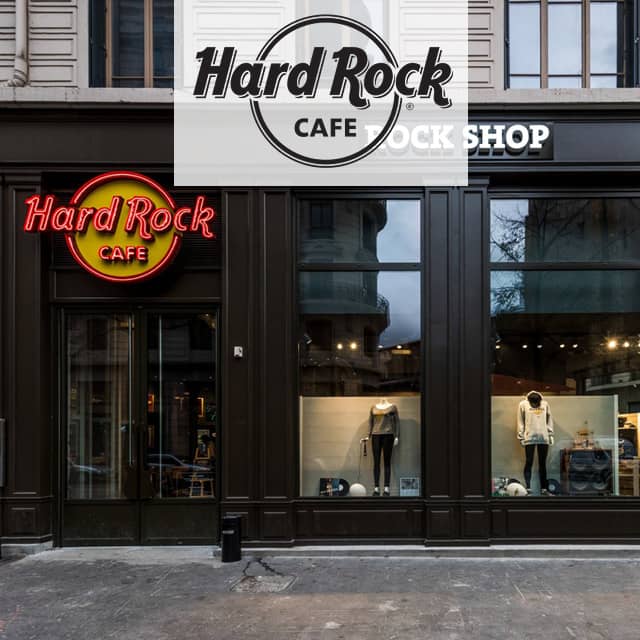
Source Tagging with EAS/RFID Hard Tags at LPP
RFID technology is already integrated in almost 300 of the 500 Reserved stores worldwide. In the approximately 500 supplier factories, the RFID hard tags are attached to garments.
Parallel to the completion of the rollout at Reserved, LPP is now initiating RFID integration in all stores, including Mohito.
The clothing company LPP was founded in Poland in 1991. In total, LPP sells around 210 million articles per year. The more than 90,000 square meter distribution center in Gdansk supplies more than 1,700 stores of all five brands with 1.8 million articles daily.
Process Requirements
LPP's goal is to continuously monitor and locate inventory at the store level in order to accelerate inventories, automate reorders and reduce waiting times at the PoS. The central application requirement was to label garments with an EAS/RFID hard tag via source tagging.
The EAS/RFID hard tags are reusable. After the tags have been deactivated in the store, a service partner forwards them to the more than 500 production sites for the next source tagging process after checking and recoding them. The tags "circulate" because they are reusable and cycle from production via the DC to the store and back to production on average of up to 6 times.
Objective
- Organize logistical processes more efficiently
- Decrease costs
- Increase customer satisfaction
- Increase sales
Solution
In the stores, the employees use RFID handhelds for regular stock-taking. RFID technology in the cash desks records additional information. The inventory data from all stores is aggregated in a cloud. Goods reorders from the distribution center can be initiated in real-time. In the store area, RFID supports employees in replenishing stocks from the backstore.
Ten UHF RFID tunnel readers from Checkpoint Systems were installed in the DCs in Gdansk and Moscow to encode the tags 100 percent on entry and to record store-specific, picked deliveries on the outbound side. The stores use four to 15 UHF RFID handhelds, depending on the total area. Each POS is equipped with an RFID reader and an antenna in the counter.
Hard tags are removed after the sale and sent to Checkpoint Systems. There, they are checked, repaired or replaced and then sent in coded form to the producers for source tagging. On average, the hard tags passes five to six rounds. Checkpoint is also responsible for POS RFID integration with readers and antennas. The entire IT-side application development, including data handling and in-store capture software, was developed by LPP's IT department.
Hardware & Software
Advantages
- Save 5 seconds per checkout
- Optimized replenishment
- Sales growth of 3 to 5 percent
Outlook
- LPP is currently evaluating the use of UHF RFID labels for a higher degree of transparency in the stores.
Learn More
Questions? Get in contact with the editorial team!
Technologies
Application Fields


